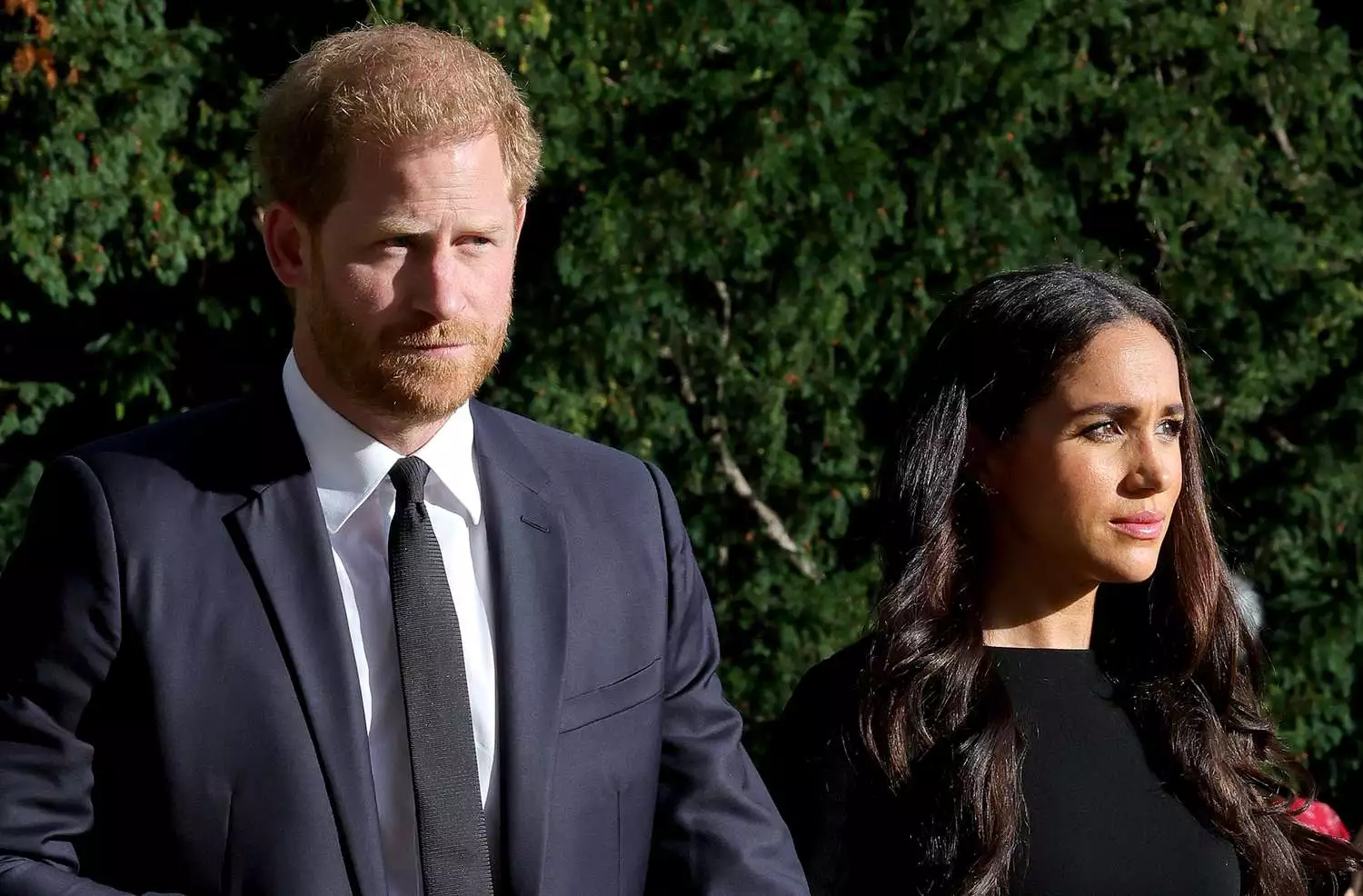Prince Harry believes he was forced to leave the UK and that he and his family can never feel safe during visits home without adequate security, a court was told Thursday.
The youngest son of King Charles III quit the British royal family with his wife Meghan in early 2020, and moved to North America, eventually settling in California.
He has brought a case against the British government at the High Court in London after his UK taxpayer-funded protection was removed.
A hearing has been taking place since Tuesday, with only the opening and closing session open to the media and public for security reasons.
On Thursday, his lawyer Shaheed Fatima said Harry did not accept that he chose to stop being a “full-time working member of the royal family”.
Fatima read his written statement to the court, which said: “It was with great sadness for both of us that my wife and I felt forced to step back from this role and leave the country in 2020.
“The UK is my home. The UK is central to the heritage of my children and a place where I want them to feel at home as much as where they live at the moment in the US.
“That cannot happen if it’s not possible to keep them safe when they are on UK soil.
“I cannot put my wife in danger like that and, given my experiences in life, I am reluctant to unnecessarily put myself in harm’s way too.”
Harry’s lawyers have argued that the decision to change his security arrangements as a result of his departure was “unlawful and unfair” given his royal status and his mother Princess Diana‘s death.
She was killed in a high-speed car crash in Paris in 1997 as she tried to escape paparazzi photographers.
But lawyers for the government reject that he was “singled out” and treated “less favourably” or that a proper risk analysis was not carried out.
James Eadie, for the interior ministry, told the court that it was decided Harry would not be provided the same level of protection as before because he had left the royal family and mostly lived abroad.
A judgment in the case — one of five involving Harry at the High Court — will be given at a later date.
In May, Prince Harry lost a bid for a legal review of a government decision refusing him permission to pay for specialist UK police protection himself.
The interior ministry argued then that it was “not appropriate” for wealthy people to “buy” protective security when it had decided that it was not in the public interest for such taxpayer-funded protection.
London’s Metropolitan Police also opposed Harry’s offer because it would be wrong to “place officers in harm’s way upon payment of a fee by a private individual”.




